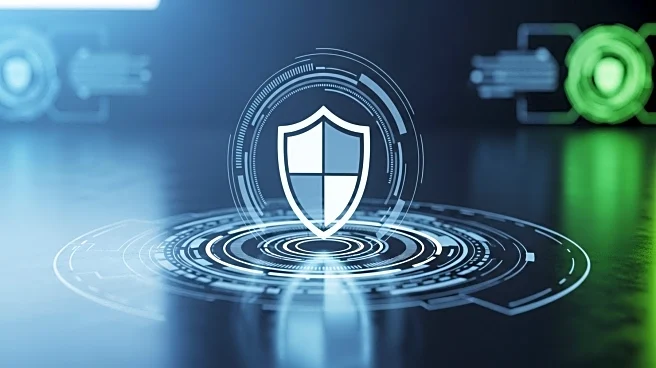What's Happening?
AT&T's Chief Information Security Officer, Rich Baich, has highlighted the influence of the Chinese hacking group Salt Typhoon on cybersecurity practices. Speaking at the Google Cloud Cyber Defense Summit, Baich noted that hackers are adopting unconventional techniques similar to those used by Salt Typhoon, which targeted major telecommunications providers. These techniques include exploiting weak points in endpoint detection and response systems, using legitimate tools within networks, and avoiding traditional security controls. The group’s approach has inspired other hackers to innovate their methods, posing new challenges for cybersecurity professionals.
Why It's Important?
The shift in hacking techniques represents a significant challenge for cybersecurity across industries, particularly telecommunications. As hackers adopt more sophisticated methods, companies must enhance their security measures to protect sensitive data and infrastructure. This evolution in cyber threats could lead to increased investment in cybersecurity technologies and strategies, impacting business operations and consumer trust. The broader implications include potential regulatory changes and heightened awareness of cybersecurity risks.
Beyond the Headlines
The adaptation of Salt Typhoon's techniques by other hackers underscores the need for continuous innovation in cybersecurity. Companies may need to rethink their security frameworks, focusing on less conventional areas of vulnerability. This shift could lead to a reevaluation of cybersecurity training and resource allocation, emphasizing the importance of proactive defense strategies.








